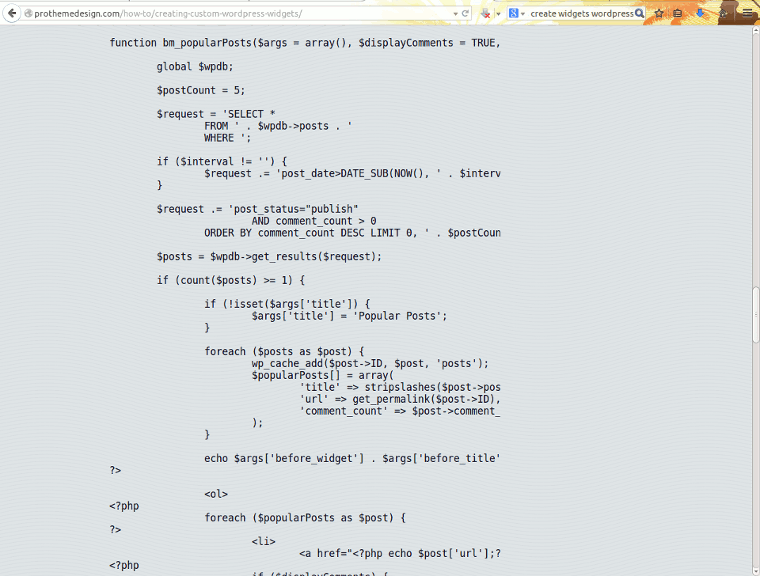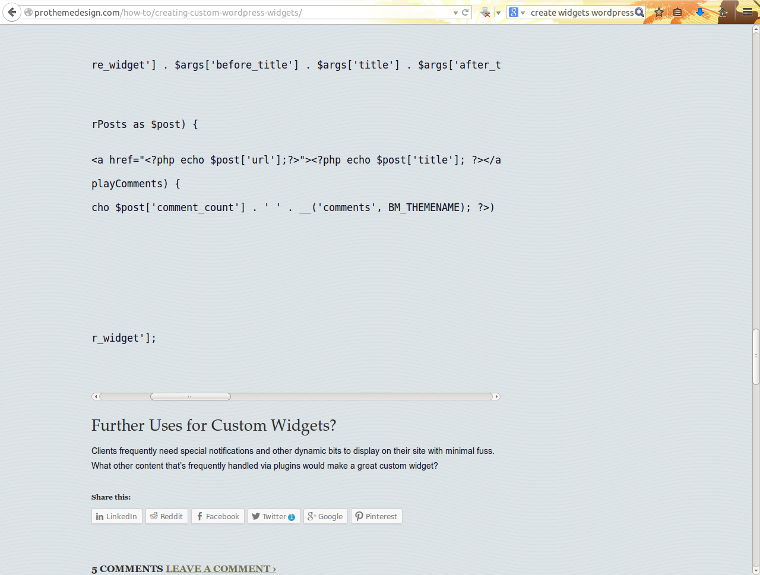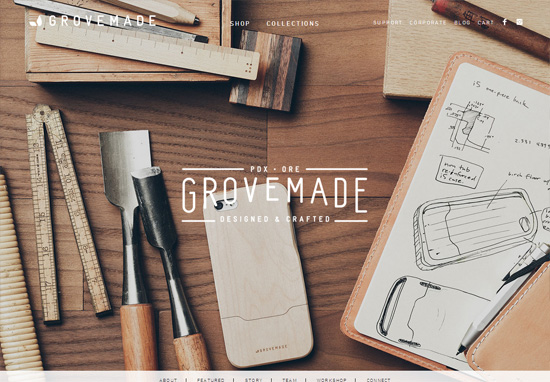I couldn’t help noticing the general dreadfulness o’ business-oriented blogs, & decided to take the time to critique a particularly trite 1 with a particularly vacuous title, “How to Activate Your Network As a Recent Grad” by a website called “Careerealism,” whose name’s so hideous, it makes me want to weep every time I read it.
Networking is awkward – period. I used to stand around tabletops with resumes and home-printed business cards in my shiny new “work bag,” eager to find just one person to connect with that would lead me to my first job.
I can’t understand how harassing random patrons could possibly cause awkward situations.
I had to convince myself not to walk out of almost every event I attended. I knew there was this thing called networking and I needed to do it if I wanted to secure a job.
This is the tritest article opening ever: “I used to be dumb like you, but then I learned that _____ involves mo’ than just ______.”
Like you, I thought I earned my right to have a career.
I can’t stand writers who assume the reader is as stupid as they are.
As a result of my hard work, I deserved a job […] I graduated magna cum laude, completed an internship, and was involved in leadership activities. I did college “right,” but I was still unemployed after graduation. I faced the harsh reality head on that my degree did not entitle me to a job. So, there I was, “networking.” Or so I thought.
How does doing exceptionally @ school not entitle one to a job, but “networking” does? What proof?
Social media has completely refined “networking” and it’s easier than you think. It’s something you are doing already and you’re probably missing awesome opportunities right in front of you!
Can’t go an inane blog post without contradiction. So I’m already doing it, but missing out, too? It’s either 1 or the other.
This isn’t even nitpicking on diction: the general sentiment is paradoxical. The idea is that I’m doing the right thing already, but I’m also not doing the right thing @ the same time. Should I change what I’m doing in this regard or not? I can’t both change & stay the same in the same subject.
So, it’s not that you don’t know how to network. In fact, you are a pro at networking.
If I’m a pro @ networking (purportedly), than why am I doing so badly @ networking (purportedly)?
Every time you accept a friend, follower, or connection, the “net worth” in your network increases dramatically!
Could these obnoxious yuppies stop using serious business terms for their silly play things like adult children?
There is a theory called the Six Degrees of Separation, developed by Frigyes Karinthy.
Check “Quote info everyone already knows as if ’twere obscure” off the list o’ clichés.
Think about it, right now you are six introductions away from your first job. [Emphasis mine.]
Nitpick: when I was in high school, an English teacher advised me not to use “think about it.” This article would benefit from such advise, too.
Hey, wait a minute: Jackson’s cliché almost made me miss the fact that she straight comma-spliced. How d’you expect the hip kids to get a job when you’re teaching them that that’s OK?
That sure sounds a heck of a lot better than applying to hundred more jobs!
That’s ’cause the implications you’ve imagined are fantasy.
How To Activate Your Network As A Recent Grad
Why is the title o’ this article repeated as a section heading?
You’ve already made thousands of introductions with friends on Facebook, followers on Twitter, and connections on LinkedIn. Now it’s time to identify which six key introductions will help you land your first job.
If I’ve—’gain, purportedly—already introduced myself to these people, how could I properly “leverage” them like the inanimate tools that this sociopathic writer wants me to treat them as? Introduce myself ’gain?
“Hey, I know I’ve already introduced myself, but that wasn’t an optimal introduction, so allow me to try ’gain so I can better leverage you in order to get me jobs.
“…
“Huh, that’s funny: she’s still not answering my tweet. Wonder why that is.”
Go through your social media accounts and identify individuals who have a connection to your desired industry.
“Creepily leech off them.”
Use your free LinkedIn account […]
Thank you for specifying that the LinkedIn account you earlier assumed I have already is free.
[…] to connect with alumni who work in your desired industry.
So they can tell you to piss off. “Hey, we were in the same building every weekday for a few years; that’s practically like being conjoined twins!”
Log-in to LinkedIn, […]
This step is easy to forget.
[…] click on “Network,” then click “Find Alumni.”
Jackson has other great tips, too, such as how to eat: Open mouth, put food in mouth, move teeth up & down, & then swallow.
Type your industry or position in the search field and start connecting with alumni.
Presumably ’cause someone in that industry is itching for extra competition. I know when Pepsi started, they asked Coca-Cola for help & the latter were delighted to help.
Personalize every invitation to connect.
“CONFIGURE YOUR INTERACTION WITH THE FLESH TOOLS SO THAT YOU OPTIMIZE ITS INTIMACY LEVELS.”
You will have to do this from a computer, not a smartphone.
Um, why? The 1 time when further info would be useful, & nope.
Post on Facebook asking your friends to help you find contacts at companies where you wish to work.
“Since you’re too fucking lazy to.”
Often times, a friend’s parent, relative, or other contact is employed in your field.
&, ’gain, are itching to make their own job security decrease by increasing the competition.
I love how the “experts” in business don’t know even the basics o’ business. ’Gain, could you imagine Coca-Cola doing this? Then it’s probably not good business.
Nitpick: “Often times” is redundant. “Often”—or even just “oft”—suffices.
Don’t be embarrassed.
I think the overarching theme o’ this article is, “’Bove all, have absolutely no shame; degrade yourself utterly for your privilege to work for someone else.”
Start following desired companies and professional organizations on Twitter. Many CEOs, recruiters, and/or employees follow these groups on Twitter.
As opposed to doing real work.
Re-tweet content and join their Twitter conversations.
“Be a plagiarist & an attention whore.”
Maximize the connection
I wish you’d maximize your diction. Stunk & White would be having a heart attack if they ever had to read this article.
Ask to meet for coffee or lunch and conduct an informational interview.
Someone needs to tell these writers that employers are never tricked by these “informational” interviews—probably ’cause they have internet connections, too.
A personal story: I once asked an executive for 1 & he immediately assumed I wanted a job—& was clearly annoyed @ me pestering him.
Ask for an opportunity to grow and develop your skills. Maybe it’s a job shadow day or offer to do some research on a project they are managing at work.
“Pester them to waste their time giving you projects that don’t benefit them @ all so they hate you & will never want to hire you.”
Ask your contact to review your resume and suggest areas of improvement based off of their expertise in the industry.
“In general, insult their intelligence or playact. Just so long as we dance round the irreconcilable conflict ’tween the person who wants to be hired & the boss who doesn’t want to hire her.”
Employers want to hire people who will add value to the company.
& yet all o’ your earlier advice goes gainst doing so.
[A]sk for opportunities to demonstrate your qualifications.
“Just get on your knees & beg them to give you a job, please!”
When a job opportunity comes along you will be top of mind.
…To be put in the slush pile.
Every contact may not have job to offer you, […]
“Sorry, I had business to attend to while writing this, so I let Yoda take over for a few minutes.”
[…] but can share valuable information to help you develop, to expand your network, and land a great job.
Fine print: “Valuable information shared, expanded network, & great job landed not guaranteed.”
The knowledge obtained through this type of networking will transform your job search and build an amazing network of contacts in the field. Networking is a life-long skill that is the pinnacle of career success and will lead to every job in your future.
“Article’s ending! Quick! Stuff in as much techno-babble & clichés as possible!”
This is 1 o’ those works that one knows one read, but still feels that one has slept through it. Did it actually give any info other than to treat anyone who has the misfortune to know you as if she or he were a tool?




